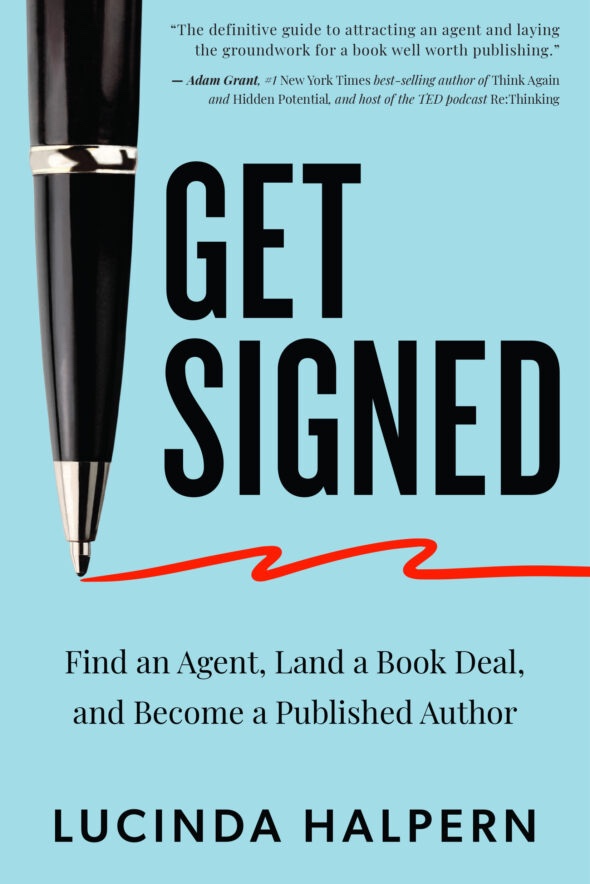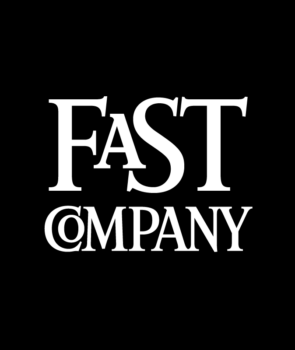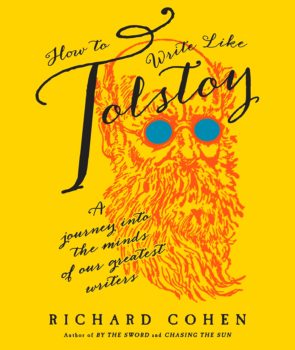Search
7 Reasons Why You’re Not Ready to Write a Book
If you’re reading this article, chances are that you have a story worth telling. But as world events have publishers cutting budgets and turning away submissions more aggressively than ever before — is now your moment for a book?
As a literary agent who turns down the majority of books that cross my desk, there is nothing that excites me, and many other agents, quite so much as a smart book idea by an established entrepreneur, filled with fresh, timely, and practical takeaways.
Yet, this doesn’t mean that for every founder and CEO, there’s “a book in you.”

If you’ve led a corporation or created a groundbreaking product, you’re accustomed to captivating large audiences with your stories. You have an aptitude for risk and imagination. You may even come from an improbable beginning. So it’s quite possible that your founder story is inspirational, educational, and even downright moving.
Despite all of this, and what you’ve heard from your most trusted colleagues, fans, and family members, or even from the inner voice keeping you up at night, it’s very possible that the forces compelling you to write a book aren’t the right ones. Based on our work with CEOs over the last decade, here are a few common assumptions you should challenge:
1. Your book is going to be the next Good to Great.
CEOs are accustomed to being the most trusted and respected voices in the room. So ask yourself, “Does my boardroom represent the thousands of readers who buy the category of book I’m hoping to write?” Possibly. But who is your greatest existing audience? If you sketched him or her as a singular individual, what would their motivations be? What would give them a return on their $28 investment for the book? This is how agents and publishers are assessing your work, so you must first (critically) assess your concept the same way.
2. There’s no one better to write your book.
You may have founded the company, but could your Chief Storyteller relate your story even better than you could? She’s written your speeches and created your company’s video material — so, maybe. It could even be that your company’s story would be better rendered by a journalist, like one of my personal favorites, The Everything Store. Before diving into the onerous process of writing a book, determine whether you’re actually the best person for the job.
3. You’re writing a business book… but you’re actually writing a memoir.
If the general reader knows vaguely of your company name but has no idea who you are as an individual, a thinly veiled memoir posing as a big ideas book fools no one and attracts few. You’re captivated by your personal history, but what your readers actually want are answers to the future. Consider what might galvanize a large readership two years from now, when your book is actually out on shelves. For many CEOs, it’s both your proven expertise and your clairvoyance — your vision for what the future looks like, and how your unique perspective or values will apply.
Learn other common misconceptions aspiring authors make by reading the full article on Medium.








